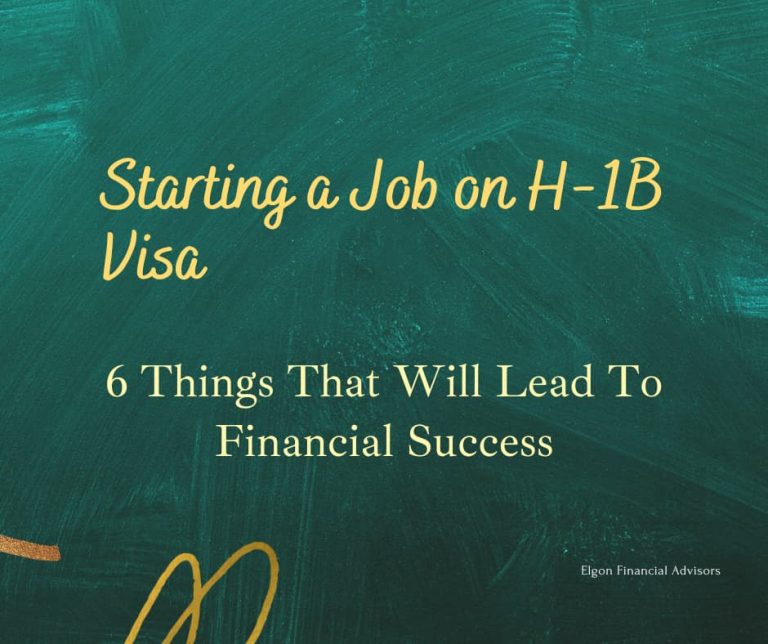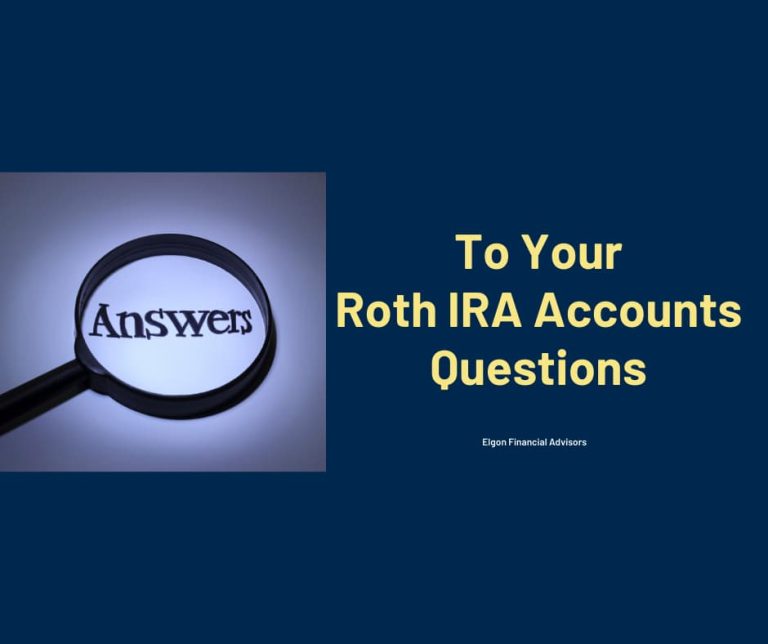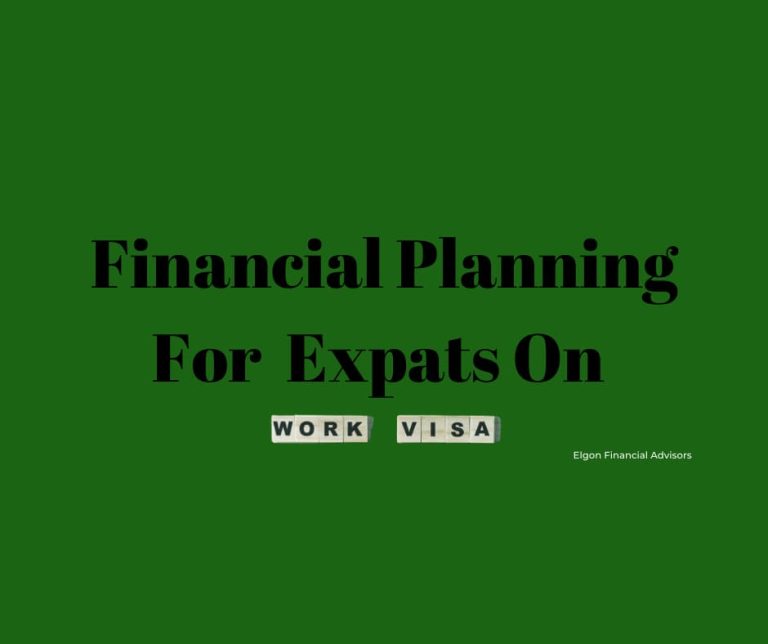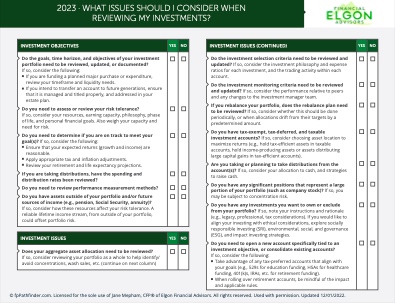Today, I’m going to answer the question “Can I buy I bonds on an H-1B visa or another work visa?
To clarify, I’m going to discuss the Series I Savings Bonds, which are commonly known as the I bonds.
These are not to be confused with the Series EE savings bonds. A post for another day.
Over the last couple of months, I bonds have been paying some of the highest interest rates, meant to combat inflation. Due to this, there is a heightened interest from the general public.
One of the questions, I see come up, again and again, is whether an I bond is a good investment for an H-1B or other work visa holders.
To answer the question, I’m going I’ll address the following areas:-
What are I bonds and how do they work?
How much can you buy?
H-1B visa holders and I bonds
Considerations for H-1B visa holders to buy I bonds
Taxation of the I bonds and H-1B visa status
If you have to leave the country and have invested in the I bonds
What Are I Bonds?
They are debt securities issued by the US Treasury to help pay for government needs. Because they are backed by the full faith and credit of the U.S. government, they are very safe.
They are designed to protect cash from inflation. This is the reason why as inflation goes up, the interest rate paid on these bonds goes up. It’s also the reason why everybody is very interested in them.
They earn interest from both a fixed rate and a variable rate.
I bonds are also non-marketable, meaning they cannot be traded on the market like stocks, mutual funds, etc.
They have been a great alternative for those looking for a safe alternative, that pays more than safe fixed investments like CDs and high-yield savings accounts.
How Do I Bonds Work?
The I bonds are purchased directly from the government at the Treasury Direct website.
The interest you earn on them adjusts every 6 months. The overall rate, known as the composite rate that the I bonds earn is calculated as follows:-
Composite rate = Fixed Rate + the Inflation Rate
This means that you’ll know what the interest rate is at the time of purchase, but there is no way to know what it’s going to be 6 months from now.
For example, right now, the composite interest rate for I bonds issued from November 2022 to April 2023 is 6.89%. If interested in seeing an example of the calculation, check out this interest calculation.
How Much Can You Buy?
You can buy any amount between $25 and $10,000 per year and can hold them for between 1 to 30 years. If you redeem them in less than 5 years, you end up losing the last three months of interest.
The 10k limit is per entity or per social security number, which raises some interesting options.
You can go beyond the 10k if you have the money available, as follows. The initial 10k is purchased electronically.
You can buy an extra 5K worth of I bonds per year if you use your tax refund direct. But keep in mind that these will be paper bonds.
Entities Than Can Purchase I Bonds
Other entities that can purchase these I bonds include the following. The ownership does not matter.
This means you could buy 10k worth of bonds as an individual, and you could also have your trust purchase the same.
A trust
An LLC or
A sole proprietorship
If buying them for your business, ensure that the business accounts are separate from the personal funds.
If you end up buying them under different entities, please keep excellent records.
You can also buy I bonds as a gift for your kids.
You should designate a beneficiary, otherwise, when you pass on, they become a part of your estate.
Can You Buy I Bonds On H-1Bs Visa
H-1B visas are the most common work visas. Others are H1B1, L-1, TN, O-1, E-3.
The requirements to buy an I bond are as follows
An adult US individual (18+) that can make legal decisions for themselves.
A valid social security number.
A US address.
A bank account for electronically paying for the bonds.
An email address.
If an H-1B or other work visa holder meets the substantial presence test, then they are considered US residents for tax purposes.
Based on the above, yes, an H-1B visa holder can purchase I bonds.
Other Considerations for an H-1B Visa Holder to Buy I Bonds
Based on the above, we know H-1B and other work visa holders can buy the I bonds.
The question is, should they?
If you are looking to save for college for your kids, and for some reason, you can’t the 529 plan, the I bonds are a great option.
Under the Education Savings Bond Program, the interest earned can be excluded from federal income tax if the proceeds are used to pay for qualified higher education expenses. The bond needs to be cashed in the same year as the expenses are accrued.
On the hand, if you are looking to spend the money in less than a year, so use it as an emergency fund, you should refrain from purchasing them.
This caution applies to everybody including green card holders and citizens.
If you have high-interest debt, you should consider paying it off first, before investing in I bonds.
Taxation Of The I Bonds And H-1B Visa Status
The interest from I bonds is reinvested into the principal, which allows the principal to keep growing. A few more things to keep in mind regarding the taxation of the I bonds.
You pay federal income taxes on the interest, but not state taxes.
You have the option of reporting and paying interest every year, or you can choose to defer it until the day you sell it. Note that once you choose in the first year, you must stick with that choice.
As a work visa holder, if you choose to be taxed when you withdrew the money there is nothing else for you to do. There are reasons for choosing to be taxed yearly, but it’s probably easier to just wait until you redeem it to pay taxes.
What Happens If You Have To Leave The Country And You Have Invested In The I Bonds?
It all depends on your visa status when you leave.
If you’ve already become a permanent resident (green card holder), you’ll be treated like any other tax resident. This means you’ll be taxed on your worldwide income and so this continues to be a part of your portfolio.
If you are still a visa holder, and you leave the US, you are no longer a US tax resident. You can still cash the bonds out. The process is very clearly laid out on the Treasury Direct website. This is how you cash out the paper bonds outside the US.
You’ll need to file Form W-BEN (Certificate of Foreign Status of Beneficial Owner for US tax withholding and reporting).
This establishes that you are a citizen of a foreign country which might determine how much you pay in taxes.
If electronic bonds, you should still be able to redeem them online, but it’s probably best to get in touch with Treasury Direct before you make the move.
Investment Options On An H-1B or Other Work Visas
I bonds is just one of the investment options if on a work visa
What are the other investment options if on H-1B or other work visas in the US? This is a complex question, that is not easily addressed in one post.
Here are a few more blog posts with different options.
Should I invest in my 401k and other special accounts if on a work visa?
The benefits of a taxable brokerage account and the special use for foreign-born families.
Need Help Investing In The US Within The Existing Tax Code?
Free Financial Assessment
If not ready to start, that’s okay, but please stay on top of our regular updates by email, or by joining here. Sign Up Here.
Disclaimer: This article is provided for general information and illustration purposes only. Nothing contained in the material constitutes tax advice, a recommendation for the purchase or sale of any security, investment advisory services, or legal advice. I encourage you to consult a financial planner, accountant, and/or legal counsel for advice specific to your situation. Reproduction of this material is prohibited without written permission from Jane Mepham and all rights are reserved. Read the full disclaimer here.






